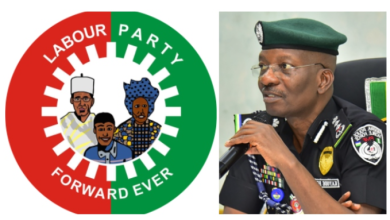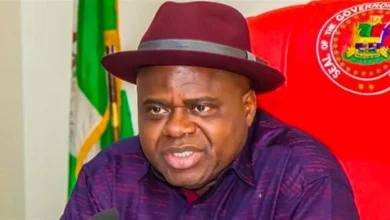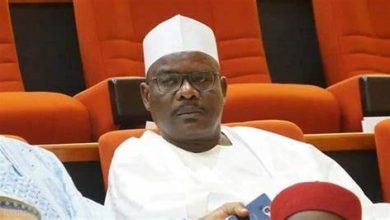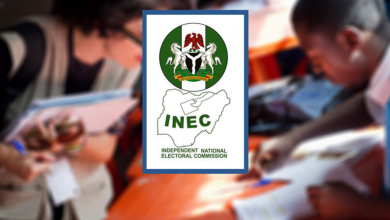Politics
INEC reaffirms commitment to gender inclusivity
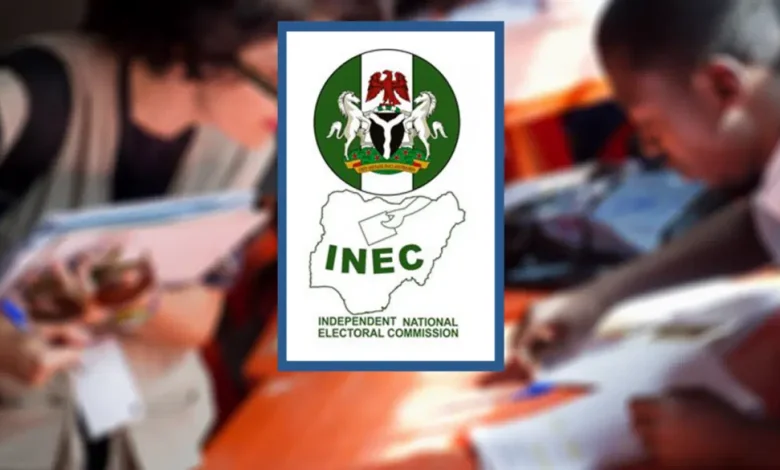
The Independent National Electoral Commission (INEC), has reaffirmed its commitment to promoting inclusivity in Nigeria’s democratic process.
INEC Chairman, Professor Mahmood Yakubu, made the commitment while receiving a delegation from the Women’s Collective Forum on Women’s Participation and Representation in Elective Positions and Party Leadership at the INEC Headquarters in Abuja.
A statement by the Director of Voter Education and Publicity, Mrs. Victoria Eta-Messi, quoted Yakubu as saying that affirmative action backed by law remains the most effective pathway to greater representation for women and other marginalised groups in politics.
Prof. Yakubu described the visit as timely, coinciding with the United Nations International Day of Democracy observed globally within the week.
Yakubu also highlighted INEC’s internal progress on inclusivity, disclosing that 12 out of the 22 Departments and Directorates at its Abuja headquarters are headed by women, accounting for 55 percent of leadership.
The INEC boss also cited the commission’s Gender and Inclusivity Department and its sustained engagement with political parties as evidence of its long-standing commitment.
“While progress has been made, much work still lies ahead. For elective positions, affirmative action anchored on constitutional and legal reform offers the clearest path,” Yakubu said.
He further advocated the need to leverage the ongoing review of the 1999 Constitution and the Electoral Act 2022 to secure legal guarantees for representation.
Yakubu assured the delegation of INEC’s continued support, saying “you should continue to count on the commission’s partnership at all times.”
Leader of the Women’s Collective, Nkoyo Toyo, commended INEC for opening space for dialogue, but lamented that systemic barriers remain entrenched in Nigeria’s political culture.
“This is not just about women, it is about inclusion.
“Our politics is deeply structural in its exclusion, whether of women, young people, or persons with disabilities.
The question we must keep asking is: why are the numbers still this poor?” she asked.
Toyo described political parties as “gatekeepers and sometimes jailers,” where women are often confined to token roles under a single leadership channel that stifles their independence.
“We cannot continue with structures that imprison women politically,” Toyo said.
She called for reforms that would hold both old and newly registered political parties accountable for inclusivity.
The former lawmaker also challenged Nigeria to learn from global best practices.
“The women’s movement has studied nearly every country. Voluntary quotas, legal provisions, and strong party reforms are what make the difference elsewhere. Nigeria cannot afford to keep failing where solutions are clear,” she said.
The Director of the Electoral Hub, Princess Hamman-Obels and two other members, Prof. Jibo Ibrahim, and Adora Jack, also called for deliberate institutional and legislative action to dismantle structural barriers against women, young people and persons with disabilities in Nigerian politics.
They said that inclusivity must move beyond token gestures to become a central pillar of Nigeria’s democratic culture.
